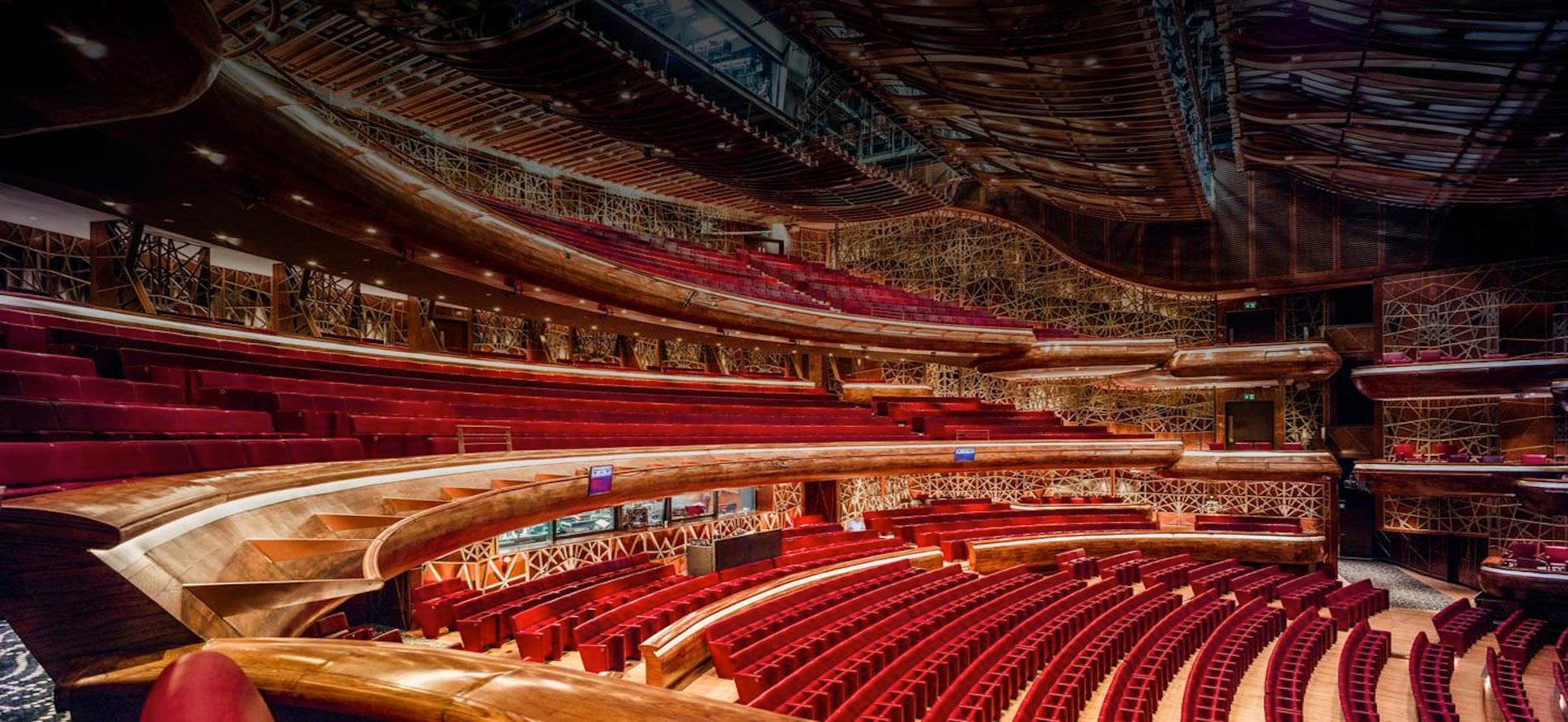Lighting efficency
Lighting Efficiency
According to the International Energy Agency, lighting accounts for roughly 20% of world electricity consumption. Energy efficient lighting sources can therefore make a major contribution to reducing CO2 emissions by power stations. While some governments have already taken initiatives through banning conventional, but highly inefficient incandescent light-bulbs, we are also making important contributions too. Indeed, we pride ourselves on proposing, wherever possible, the most energy-efficient solutions to our clients. Doing this normally involves the maximum use of Light Emitting Diode systems which can cut electricity consumption by 85%. While involving higher costs initially, this approach can normally be justified through long-run savings in energy costs. Designers have understood the energy benefits of LED sources for some years now. For Debbas experts today, it’s more a question of choosing from best of breed for application within the budget and, when necessary, pointing out inaccuracies in the original specifications of a project.
Moreover, Debbas provides developers, architects and consultants with state of the art lighting solutions meeting the needs of the LEED certification system (Leadership in Energy and Environmental Design). Our skilled LEED experts can engineer and apply solutions which comply with the concise framework of the rigorous third-part commissioning process. With the setting of clear environmental targets, our LEED accredited team of engineers will work towards achieving the chosen standard of certification with assiduity and creativity.





